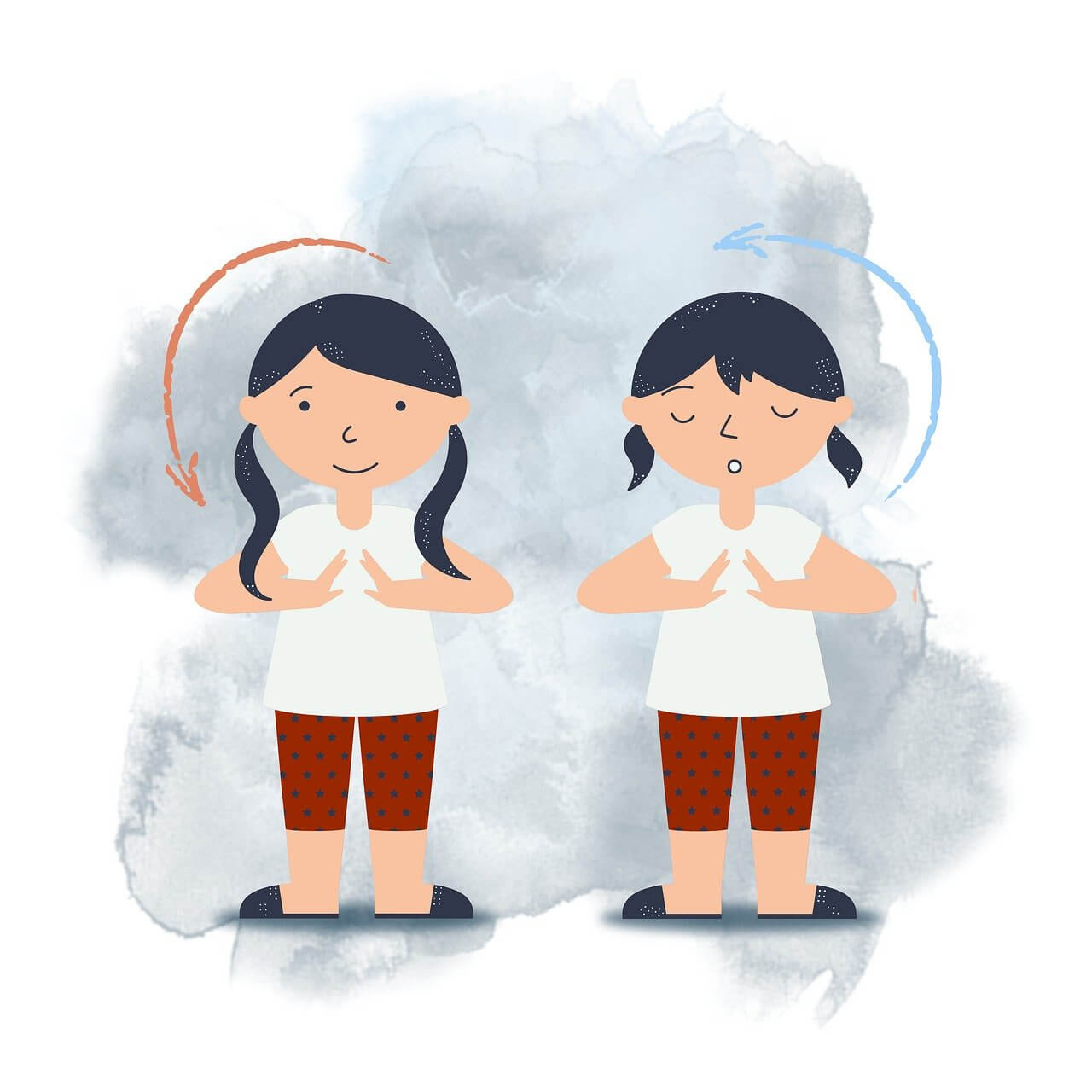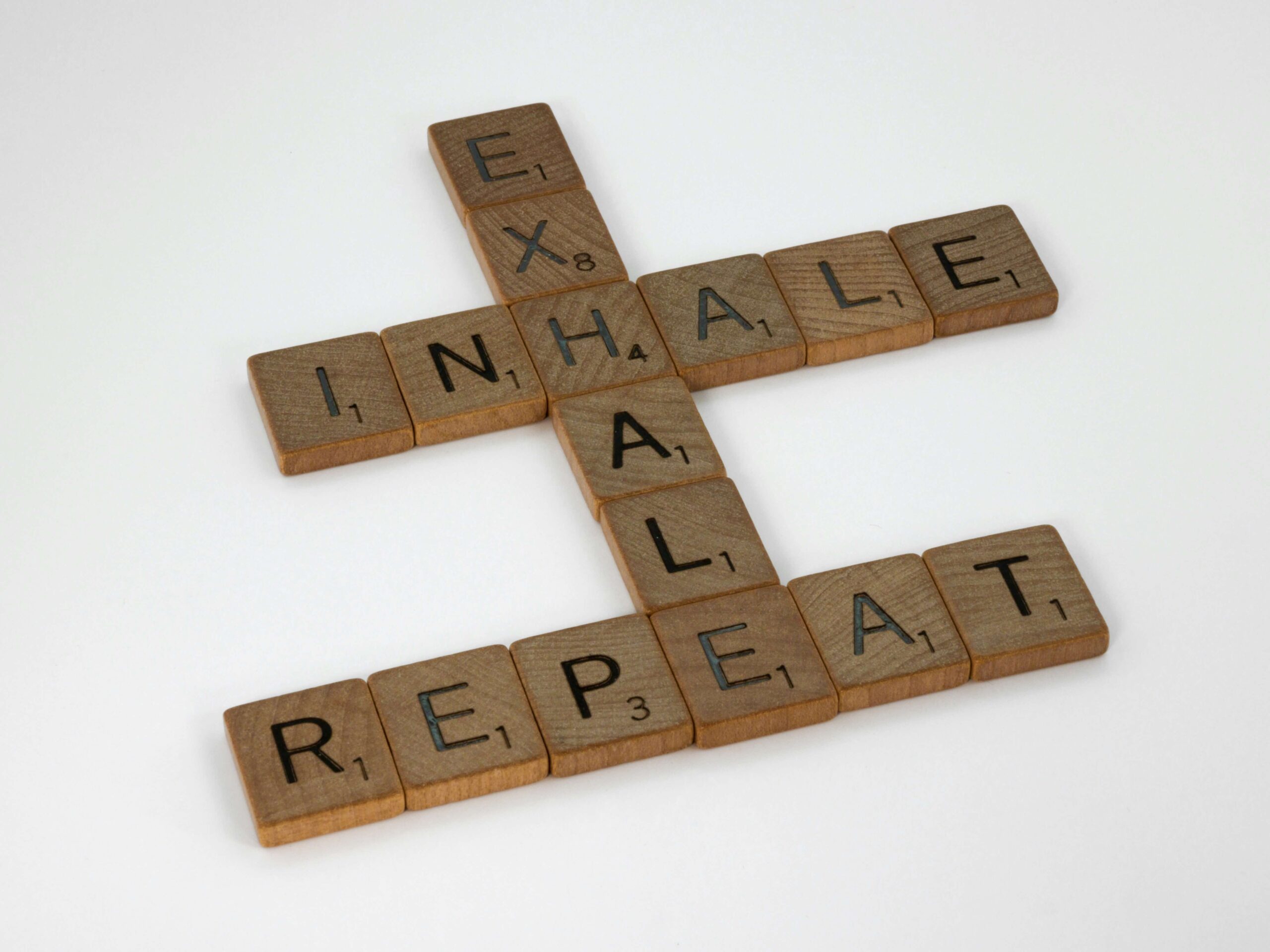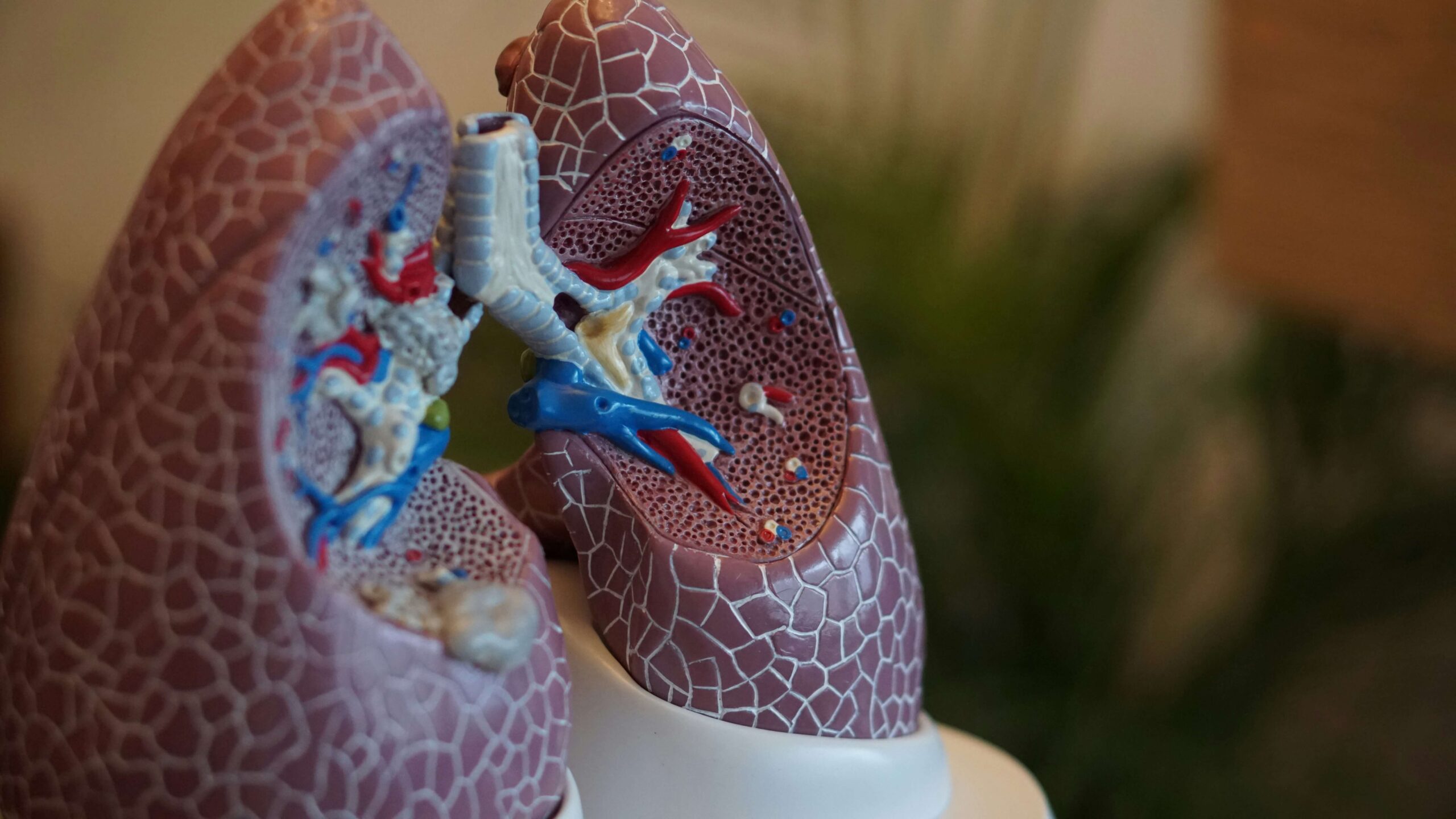Understanding Pneumonia
Pneumonia is an infection that inflames the air sacs in one or both lungs. These sacs can fill with fluid or pus, causing a range of symptoms, including cough, fever, chills, and breathing difficulties. Various organisms, including bacteria, viruses, and fungi, can cause pneumonia. While it can be severe, pneumonia is preventable and manageable with the right approaches.
The Role of Deep Breathing Exercises

Deep breathing exercises are a cornerstone in preventing and managing pneumonia, especially post-operative pneumonia, which can occur after surgical procedures. These exercises work by:
- Enhancing Lung Capacity: Deep breathing helps increase lung capacity, ensuring that more air can flow in and out of the lungs, which helps clear out potential pathogens.
- Improving Oxygen Exchange: By facilitating a greater exchange of incoming oxygen for outgoing carbon dioxide, deep breathing can improve blood oxygenation, which is vital for healing and preventing infections.
- Stimulating the Lymphatic System: Deep breathing acts as a pump for the lymphatic system, which helps to clear away toxins and waste, including pathogens that can lead to pneumonia.
- Preventing Atelectasis: This condition, where part of the lung collapses or deflates, can be a precursor to pneumonia. Deep breathing exercises help keep the airways open and the lungs inflated.

Deep Breathing Techniques to Prevent Pneumonia
- Start with Short Sessions: A few minutes a day can yield benefits. Gradually increase the duration as you become more comfortable.
- Consistency is Key: Regular practice enhances the benefits. Aim for at least one session of deep breathing exercises daily.
- Combined with Other Practices: Deep breathing can be integrated into yoga or meditation, enhancing physical and mental wellness.

The Research Backing Deep Breathing
Overcoming Barriers
A Call to Action
Conclusion
Deep breathing exercises offer a simple, cost-effective strategy to enhance lung health and prevent pneumonia. By incorporating these exercises into daily routines, individuals can actively safeguard their respiratory health. Remember, when it comes to combating pneumonia, every breath counts.
Respiratory illnesses are a battle, but with empowerment through education and practical tools like deep breathing can make all the difference. Let’s breathe deeply, not just for relaxation but also for resilience against pneumonia and overall well-being.




